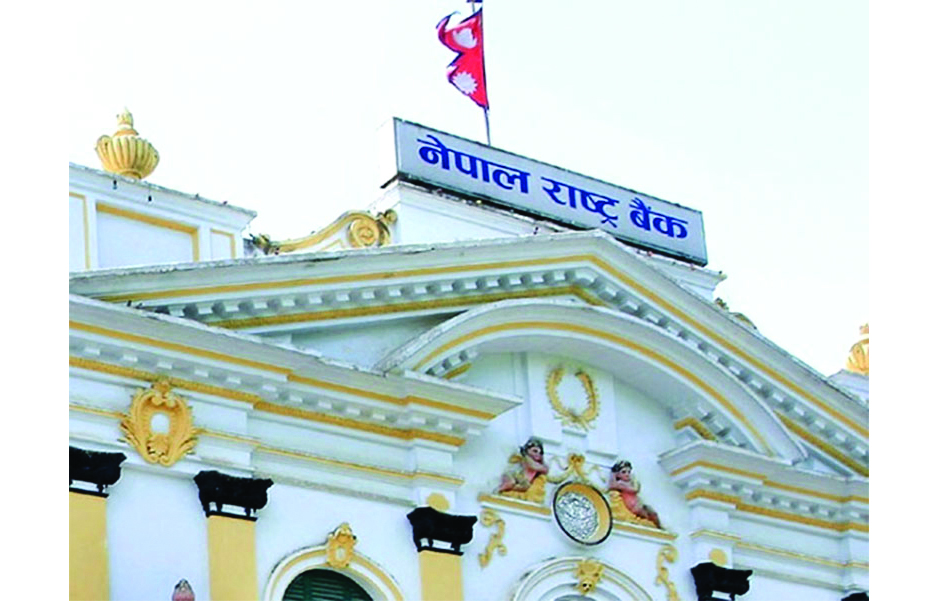
SATV Kathmandu Oct 09: In a landmark reform for Nepal’s banking and capital markets, the Nepal Rastra Bank (NRB) has officially removed the one-year lock-in period for investments made by banks and financial institutions (BFIs) in listed securities. Under the revised Unified Directive 2082 (2025 AD), NRB has reduced the mandatory holding period for investments in listed shares and debentures to six months, granting BFIs greater flexibility in portfolio management while aiming to stimulate market liquidity and institutional participation.
Background: The One-Year Restriction
Previously, NRB’s investment rule required banks and financial institutions to hold any purchased shares or debentures for at least one year before selling them. The rule was designed to ensure market stability and discourage short-term speculation. However, it was widely criticized by market participants, who argued that it suppressed stock market activity, discouraged institutional involvement, and reduced overall liquidity in the capital market.
The New 6-Month Rule for Listed Investments
Responding to these long-standing concerns, NRB’s latest directive now allows BFIs to sell investments after six months of acquisition. The amended provision clearly states:
“Banks and financial institutions may invest in shares and debentures of organized institutions listed in the stock exchange for a period of not less than six months. No short-term investment shall be made in such securities.”
This reform provides institutions with the freedom to adjust their investment strategies more dynamically, without being locked into long holding periods. It is expected to revitalize NEPSE, improve liquidity flow, and attract higher participation from commercial and development banks that had previously remained cautious due to rigid restrictions.
Rules for Unlisted Company Investments
While flexibility has been introduced for listed shares, NRB continues to maintain stricter oversight over unlisted investments. Banks investing in shares or debentures of unlisted organized institutions must ensure those securities are listed within three years of investment.
If listing does not occur within this timeframe, the institution must transfer an equivalent amount to an Investment Adjustment Fund from its retained earnings. The fund remains frozen until listing is completed, ensuring transparency and discouraging risky or speculative investments in unlisted firms.
20% Annual Disposal Limit Abolished
Alongside the holding period revision, NRB has also removed the previous limit that allowed BFIs to sell only 20% of their paid-up capital investments per fiscal year after one year. The removal of this clause now gives banks full autonomy to liquidate or rebalance their portfolios as per financial performance and market conditions.
Impact and Significance
Experts see this as a progressive and balanced policy change that supports both market development and regulatory prudence. The removal of the one-year lock-in period will likely increase institutional trading activity, enhance stock market depth, and encourage liquidity-driven growth.
NRB’s move demonstrates a shift toward market-responsive regulation, aiming to align financial sector governance with Nepal’s evolving investment environment. By maintaining caution on unlisted exposures while freeing listed investments, NRB has created an environment that blends flexibility with accountability.















